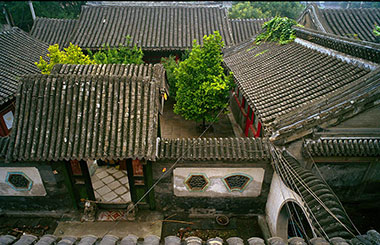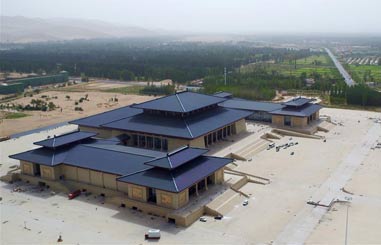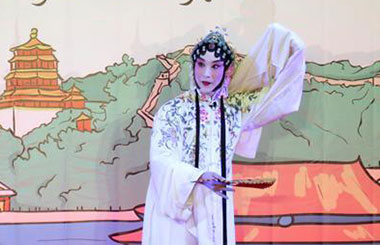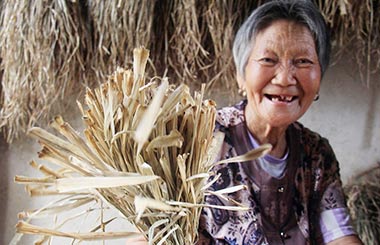China's modern art history in pictures
By Lin Qi ( China Daily ) Updated: 2012-12-28 10:25:13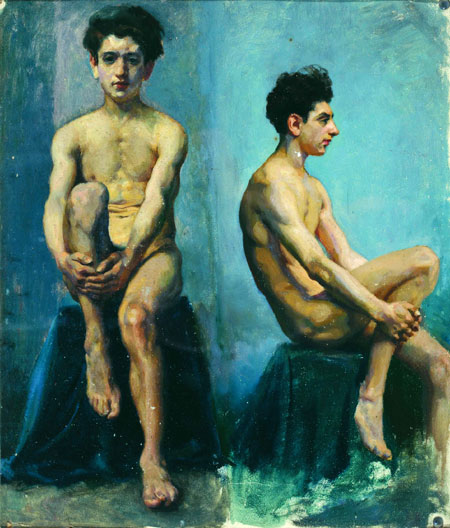 |
|
A sketch by Xu Beihong, one of the rarest exhibits displayed at the CAFA show. [Photo provided to China Daily] |
The Central Academy of Fine Arts' museum is presenting 40 oil paintings the institution discovered in its storehouse. They include works from the school's teachers and students more than six decades ago, bringing back memories of the former Beiping Art School.
CAFA is also appealing for donations of artworks and materials from members of the public to provide a more complete picture of the school, which forms an important episode in China's modern art history.
The Beiping Art School, the brainchild of famous educator Cai Yuanpei, was founded in 1918. It was merged with the third campus of North China University in 1950 to form CAFA.
Related: Stories from the morgue
"The school was born at a time when China was aspiring to modernize, including in the aspects of arts and culture," says CAFA Art Museum director Wang Huangsheng. "Since its opening, the school attracted and cultivated a lot of artists and art educators, who immediately or later became influential figures."
But the school's achievement has been underrated up until the present day, he adds. "It is mainly because of the political turbulence and wars, which resulted in frequent changes in the school's subject planning, personnel and administrative distribution."
He says very few of the artworks and documents related to the school were collected, preserved and researched.
At the CAFA museum exhibition, most of the artworks on display are made public for the first time. Among the artists include Chinese who studied fine arts in Europe or their students, including Wu Zuoren, Chang Shuhong and Ai Zhongxin.
On show are rare paintings, such as a front and side sketch of the human body, which Xu Beihong created during his study in France. Xu headed the Beiping Art School from 1928-33 and 1946-49.
|
|
|
|
|
|
|
|
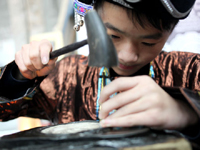
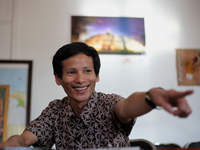

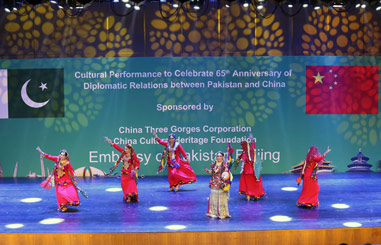
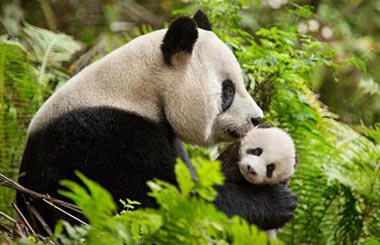
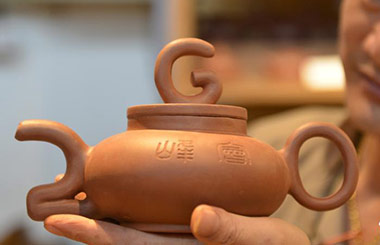
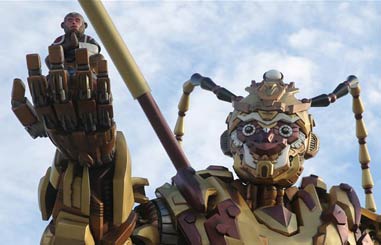

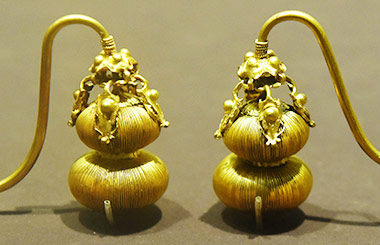
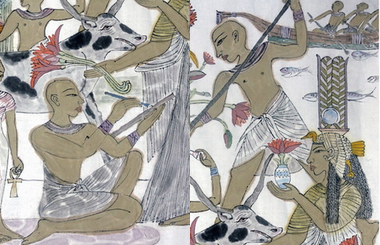
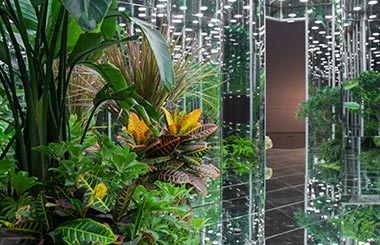


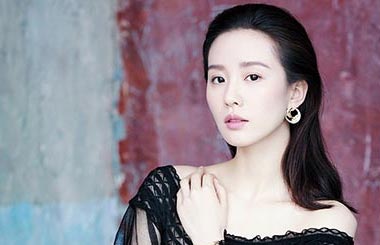
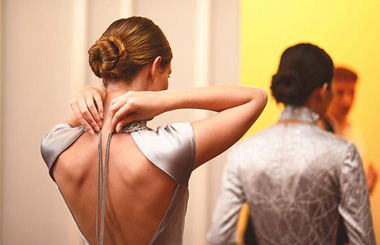
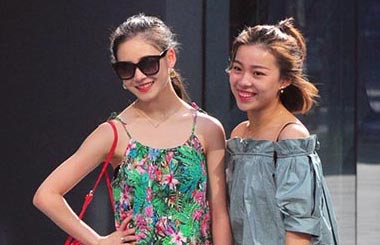
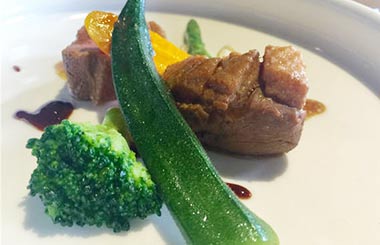

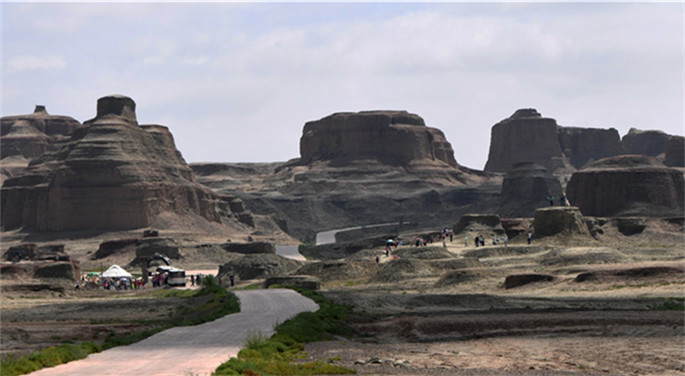
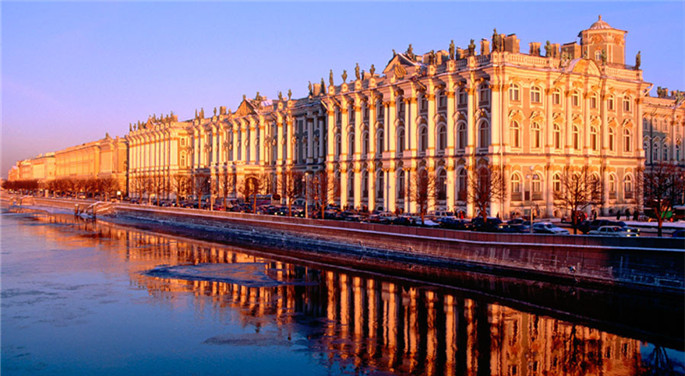
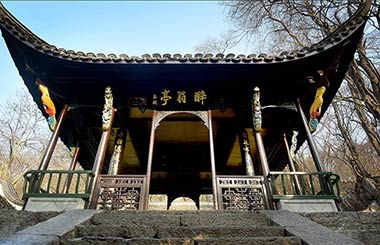

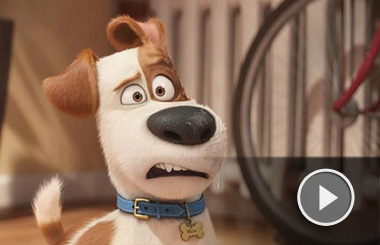
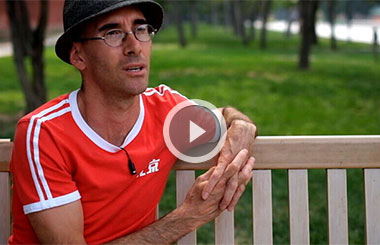
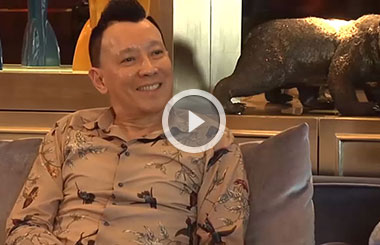
 Raymond Zhou:
Raymond Zhou: Pauline D Loh:
Pauline D Loh: Hot Pot
Hot Pot Eco China
Eco China China Dream
China Dream China Face
China Face
